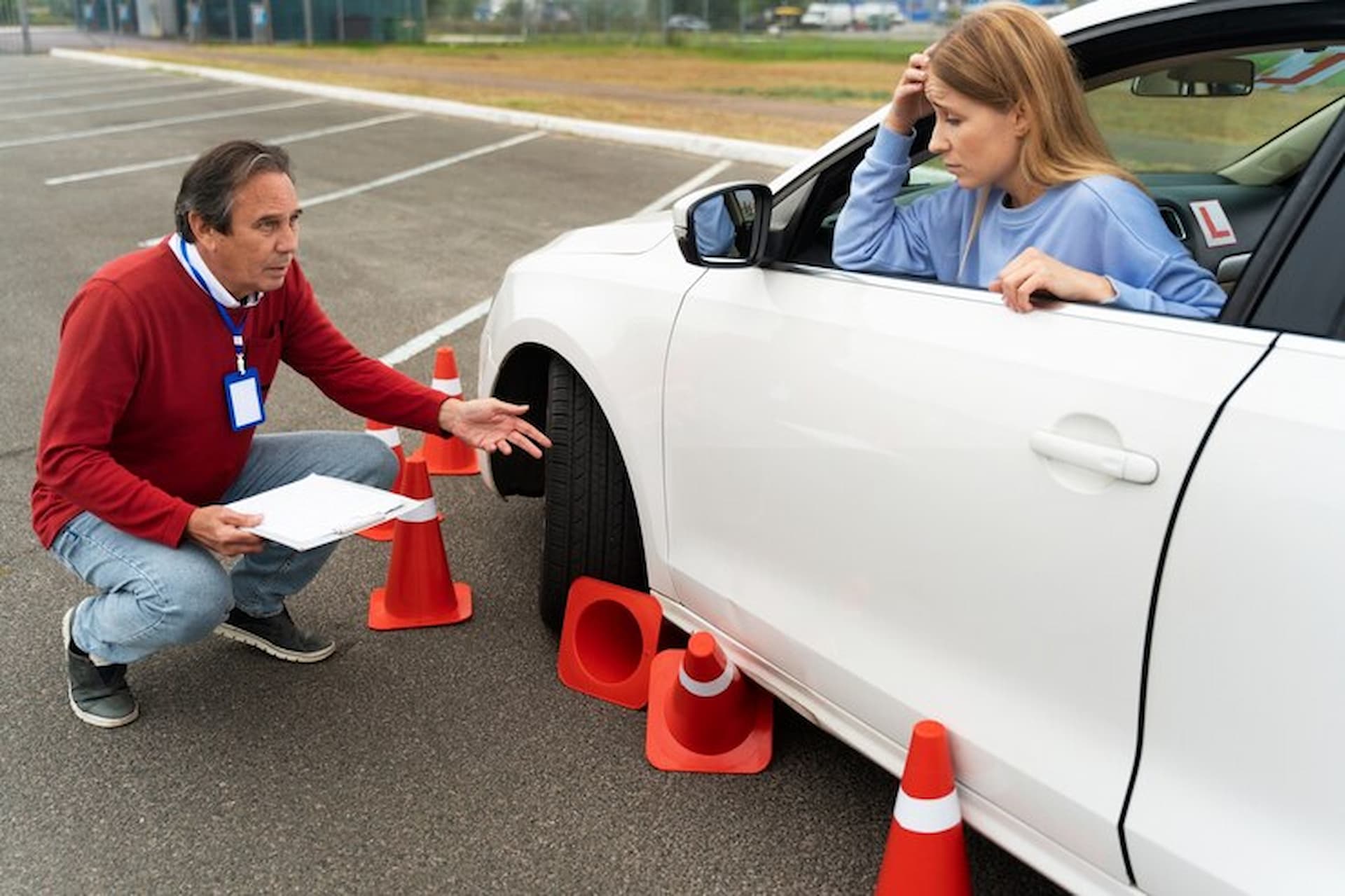Car Fleet business is becoming increasingly competitive. However, as some government and private agencies now outsource their fleet management, operators in the car hiring and rental business should expect some favorable growth. Additionally, there is an increasing demand from both tourist and domestic business as vehicles for hire become more accessible.
Whether you are just opening a car fleet business or have operated for a decade, there are many legal considerations you should update yourself with to legally protect your business. For instance, you should understand all the licensing and registration requirements, how operating lease work, insurance requirements, and stay updated with the new changes in the industry.
Below are some of the regulations and legal considerations you should keep in mind to stay out of trouble with the authorities and the regulators.
- Business registration and licensing
If you are just starting out, the first thing you want to do of course is to legally register your car fleet business with the relevant authorities. Secondly, you will need to acquire transport service license that allows you to own and manage a car fleet business from the transport regulatory authority. Consult with your legal or business adviser as well as the relevant regulatory authorities to make sure that you have all the registrations and licensing required.
Generally, the vehicles that you operate in your fleet must meet higher safety standards. Also, be ready avail to all the updated registration and annual licensing documents as well as routine certificates of fitness inspections when requested by the authorities or clients.
- Insure your business and vehicles
From the day you start your Fleet management business, you expose yourself to certain risks. Even before you hire your first employee or acquire your first vehicle, your business is at risk, which makes having the right kind of insurance a priority. One catastrophic event or lawsuit could be enough to wipe out your small business before it even gets off the ground.
Some of the key insurance covers that your business will need include Professional Liability insurance, Property insurance, Workers’ compensation insurance, vehicle insurance and business interruption insurance. If one of your vehicles gets involved in an accident, a comprehensive car insurance cover can help you cover the medical expenses, vehicle damage repair or replacement and legal fees that may arise from the accidents.
Additionally, having the right kind of insurance cover can save you from facing legal suits that could simply wipe out your business savings. As a business owner, and particularly a fleet management business, it helps to have a reliable lawyer at hand. If you reside in Brooklyn or New York, for instance, Legal agencies experienced in handling car accident issues such as The Rybak Firm can come in handy. Either way, having a skilled and experienced lawyer who protects your business interests can mean the difference between recovering for damages and losing tens of thousands in legal compensations.
- Observe safety regulations
There are several rules and regulations governing the safety and security issues in the car fleet business industry. Failing to observe set out safety regulations can attract fines and legal issues that will sure damage your business’s reputation and financial standing. It’s however, important to understand that observing safety and security regulations not only keeps you out of legal trouble, but generally protects you, your business, employees, and customers; and it saves lives many of times.
Some of the basic safety requirements and considerations include;
- Keep an updated register of all your vehicles and the people hire them.
- Your drivers should obey all the traffic laws
- Drivers should ensure that all the passengers are properly seated and their seatbelts fastened always.
- Do not exceed vehicle capacity by number of passengers or weight
- Sign a written agreement with every client who hires your vehicle and provide them with a copy.
- Ensure that your drivers or anyone who intends to drive the vehicles have a valid and current driving license for the vehicle.




